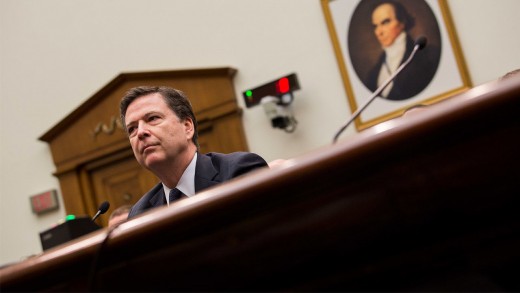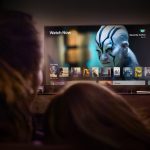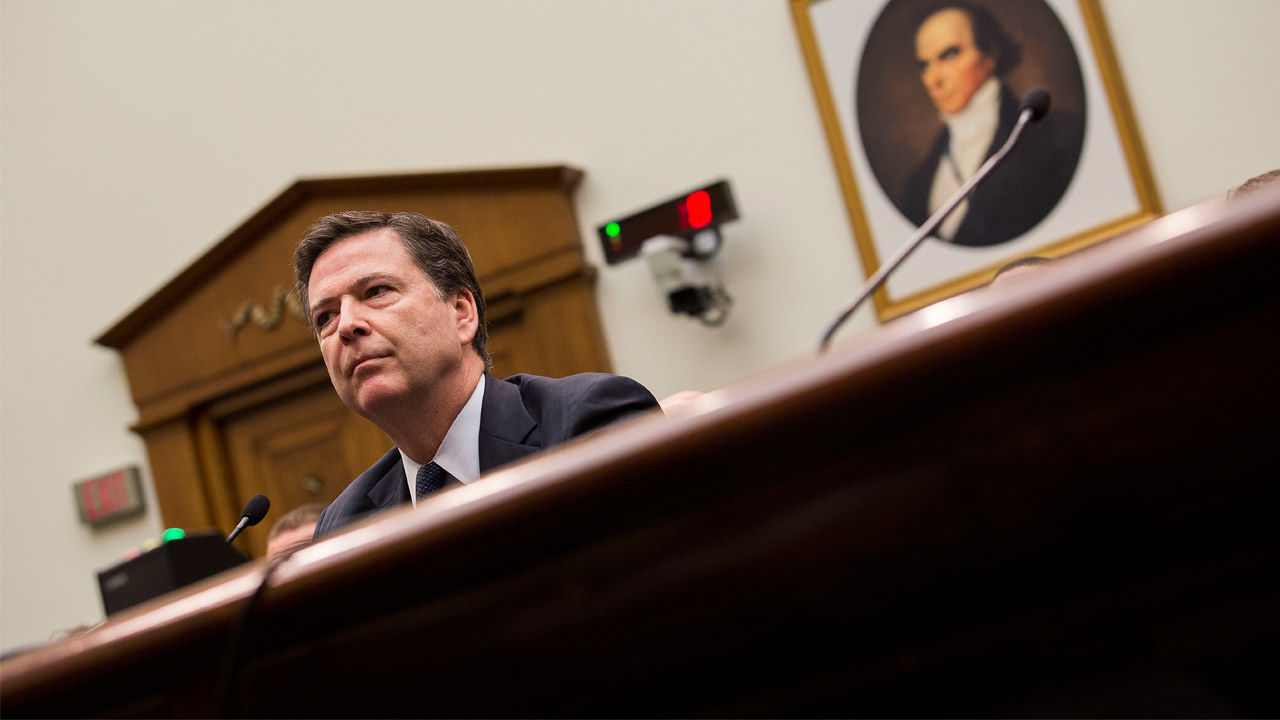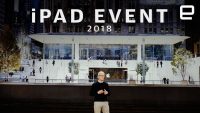Source: Members Of Congress Dismayed By FBI Director’s Lack Of Tech Knowledge
Members of the House Judiciary Committee were disappointed with the low level of technical knowledge displayed by FBI Director James Comey during a March 1 hearing about the FBI’s encryption dispute with Apple.
The feeling was shared by committee members from both political parties, according to a source close to the matter who spoke on condition of anonymity.
The FBI won a court order February 16 demanding that Apple create a custom OS that would disable security features in San Bernardino shooter Syed Farook’s iPhone 5c. The FBI could then log into the phone, where it hopes to find evidence of Farook’s connections with organized terror groups.
Comey declined to answer questions from several committee members, explaining that he lacked the technical understanding to do so.
Comey, the source said, is generally well liked by members of Congress. While committee members appreciated his candor on broader issues, some were frustrated that he couldn’t go deep on technical questions regarding encryption technology.
It was during questions from Congressman Darrell Issa (R-Calif.) that Comey’s lack of technical knowledge came into sharpest relief.
Issa has a security background, and knew that there are two ways of attacking a locked iPhone: via a firmware upload to disable security features in iOS, and by removing the flash memory chip from the phone and copying (or mirroring) its contents.
Issa wanted to know if Comey knew for certain that the government lacks the resources to write the code necessary to break into the phone.
“We have engaged all parts of government to see if anybody has a way of doing this on an iPhone 5c running iOS 9, and we don’t,” Comey replied.
Issa then wanted to know if the FBI had tried the second approach of removing and copying the flash memory of the iPhone. He explained the process of copying the flash memory and copying it many times so that the same encryption key could be preserved on the phone through thousands and thousands of attempts to enter the correct passcode.
Issa seemed to know that Comey didn’t even understand the question, much less the answer.
“If you haven’t asked that question, how can you come before this committee and before a federal judge and demand that somebody else invent something, if you can’t answer the questions that your people have tried this?” he asked Comey.
Comey replied: “First, I’m the director of the FBI. If I could answer that question there’d be something dysfunctional with my leadership.”
Issa: “I only asked you if your people have tried that, not whether or not it would work,” he said. “Who did you go to to find out if you could do it yourself?”
Comey: “I did not ask the questions you’re asking here today and I’m not sure I even understand the questions,” the director said. “I have reasonable confidence, in fact I have high confidence, that the federal government has reviewed all the options.”
He continued: “I’ve heard about mirroring, maybe that’s what you’re talking about. Hopefully my folks are watching this, and if they hear any good ideas in what you’re talking about we’ll let you know.”
By then, Issa’s five-minute question time was up. It’s important to point out Issa is a Republican, so it’s understandable that he might be a little more aggressive in his questioning of Comey, who is a member of the Obama Administration.
“It’s clear he’s not up to speed on some of the technical issues, which he conceded during the hearing,” said Congresswoman Zoe Lofgren (D-Calif.) of Comey’s testimony. “And that might be part of the problem as to why they are pursuing the course of action they are pursuing,” she said during a phone interview with Fast Company.
Our source commented that in hearings concerning technical matters, witnesses often bring staffers with them who can provide documentation and support during the proceedings, allowing the witness to provide better answers. Comey didn’t do this.
Congresswoman Lofgren said she’s often seen agency leaders bring some help along. “The director can’t be expected to be an expert on every subject but I didn’t see him doing that, which I thought was interesting,” she said.
Lofgren was very gracious to Comey during the hearing, thanking him for his service and for appearing before the committee.
I contacted several other committee members, Democrats and Republicans, for this story, but most chose not to comment on Comey’s technical chops.
Still, the hearing—which also featured Apple lead attorney Bruce Sewell and New York County district attorney Cyrus Vance Jr.—was considered substantive, our source said, and has helped restart the conversation about encryption in the Congress.
“The House Judiciary Committee will soon announce its next steps on the encryption debate,” said committee chairman Bob Goodlatte (R-Va.) in an email statement to Fast Company.
“As we move forward, the goal is to find a solution that allows law enforcement to effectively enforce the law without harming the competitiveness of U.S. encryption providers or the privacy and security protections of U.S. citizens,” Goodlatte said.
Since the March 1 hearing, one other major hearing has taken place on the subject in front of the Senate Judiciary Committee, and next week Department of Homeland Security secretary Jeh Johnson will testify in front of the Senate Homeland Security Committee.
Apple Vs. The FBI: What’s At Stake
Fast Company , Read Full Story
(41)














